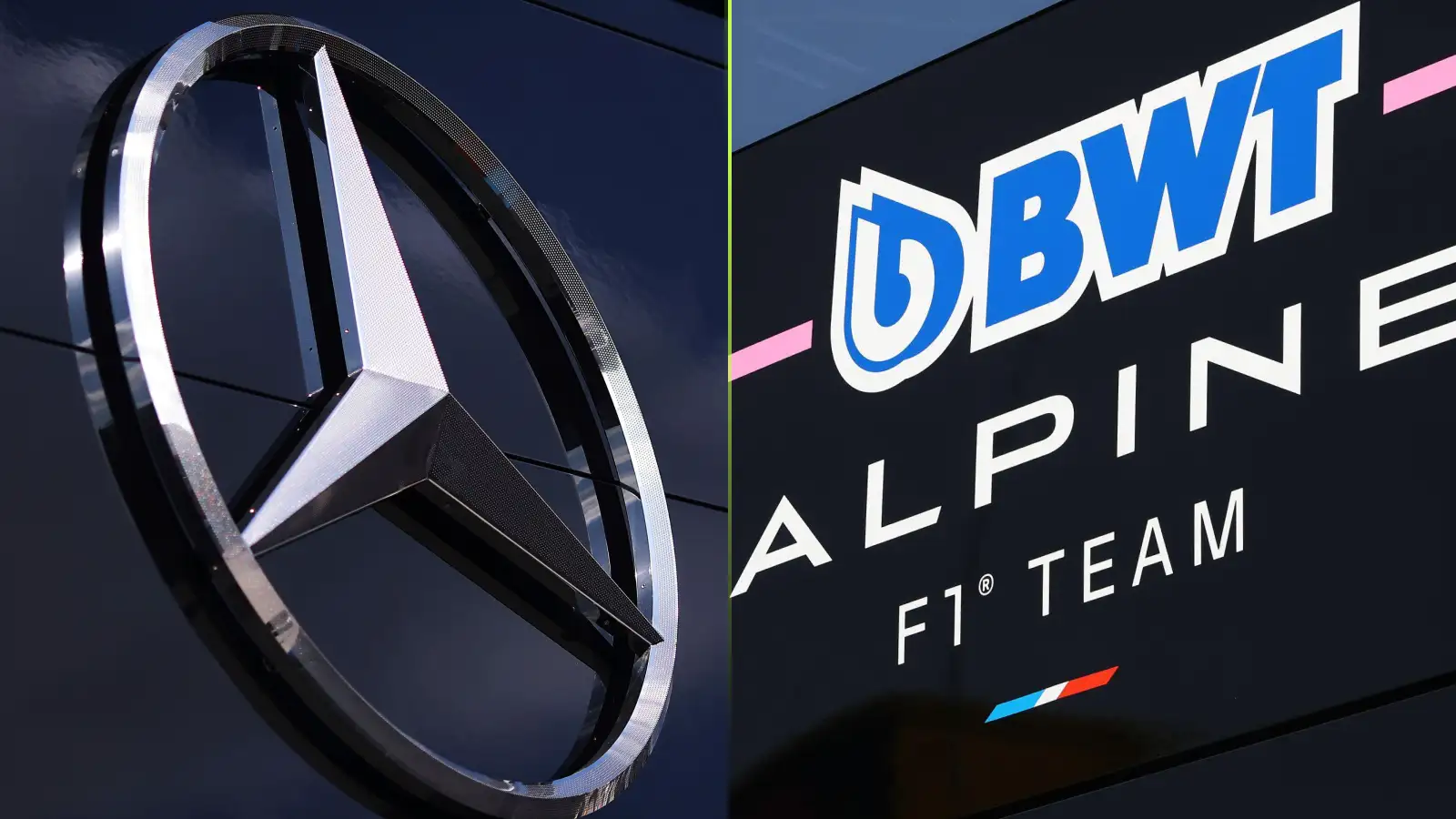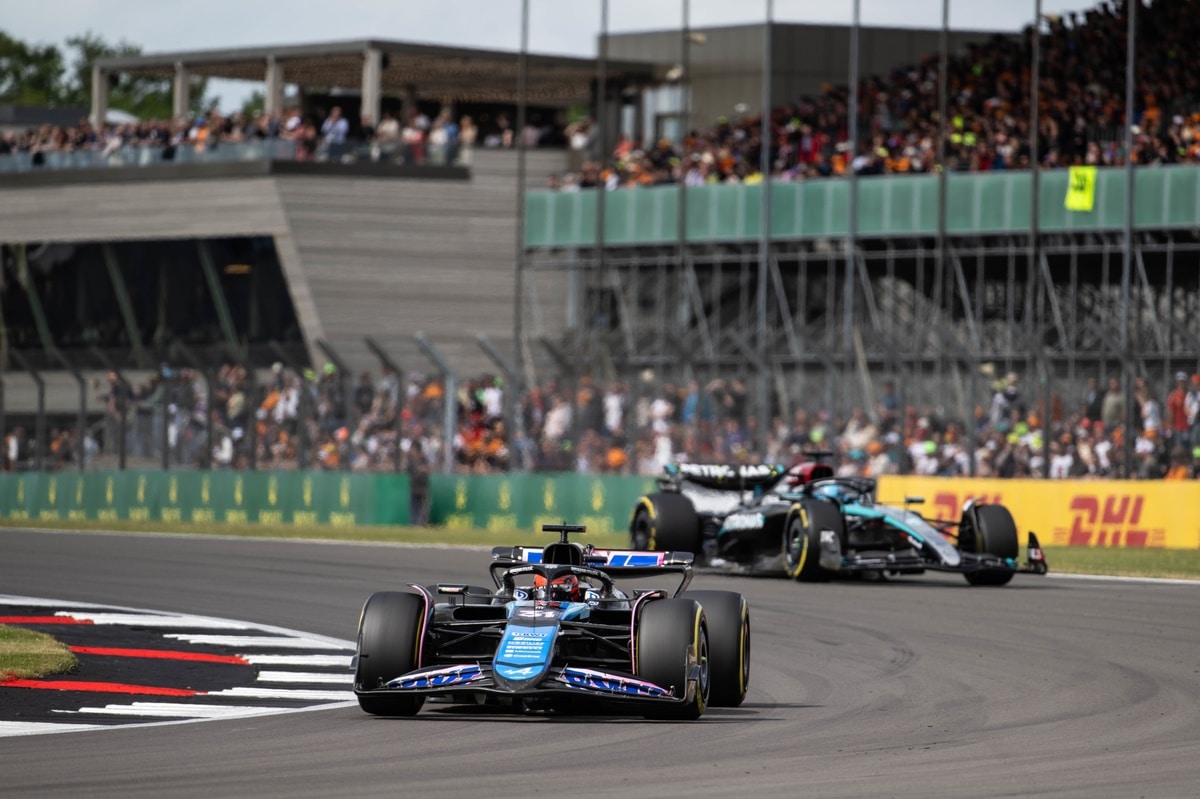George Russell’s dream win at the 2024 Belgian Grand Prix was shattered when his car was found underweight post-race. This dramatic twist added him to the infamous list of F1 drivers disqualified after capturing a grand prix victory.
Russell, who claimed victory by executing a daring one-stop strategy, was later disqualified when his car was found to be 1.5kg under the minimum weight. His team-mate Lewis Hamilton, finishing just behind him, was declared the winner, marking his 105th grand prix victory.
James Hunt’s 1976 British Grand Prix win was another dramatic tale. After a crash caused a red flag, Hunt drove back using an escape road. Initially, he was disqualified for not completing the lap, but public outcry reversed it temporarily. Two months later, however, Niki Lauda was officially declared the winner.
Nelson Piquet lost his 1982 Brazilian Grand Prix win due to his Brabham car being underweight. The intense race saw Piquet pass out on the podium from exhaustion, only to be disqualified afterward for illegal ballast manipulation, handing the win to Alain Prost.
Alain Prost himself faced disqualification at the 1985 San Marino Grand Prix. Despite dominating the race, his car was slightly underweight due to fuel consumption issues, giving the win to Lotus’ Elio de Angelis, who had never even led a lap.
Ayrton Senna’s 1989 Japanese Grand Prix disqualification was wrapped in controversy. A collision with Alain Prost saw him pushed back onto the track by marshals to continue, ultimately winning the race. However, he was disqualified for rejoining illegally, giving the win to Alessandro Nannini.
Michael Schumacher’s 1994 Belgian Grand Prix win was nullified due to excessive wear on his car’s skid block. Initially victorious by a comfortable margin, Schumacher was disqualified post-race, awarding the win to Damon Hill.
These stories of disqualification highlight the stringent and sometimes controversial nature of F1 regulations, showing that victory can be snatched away in an instant.










